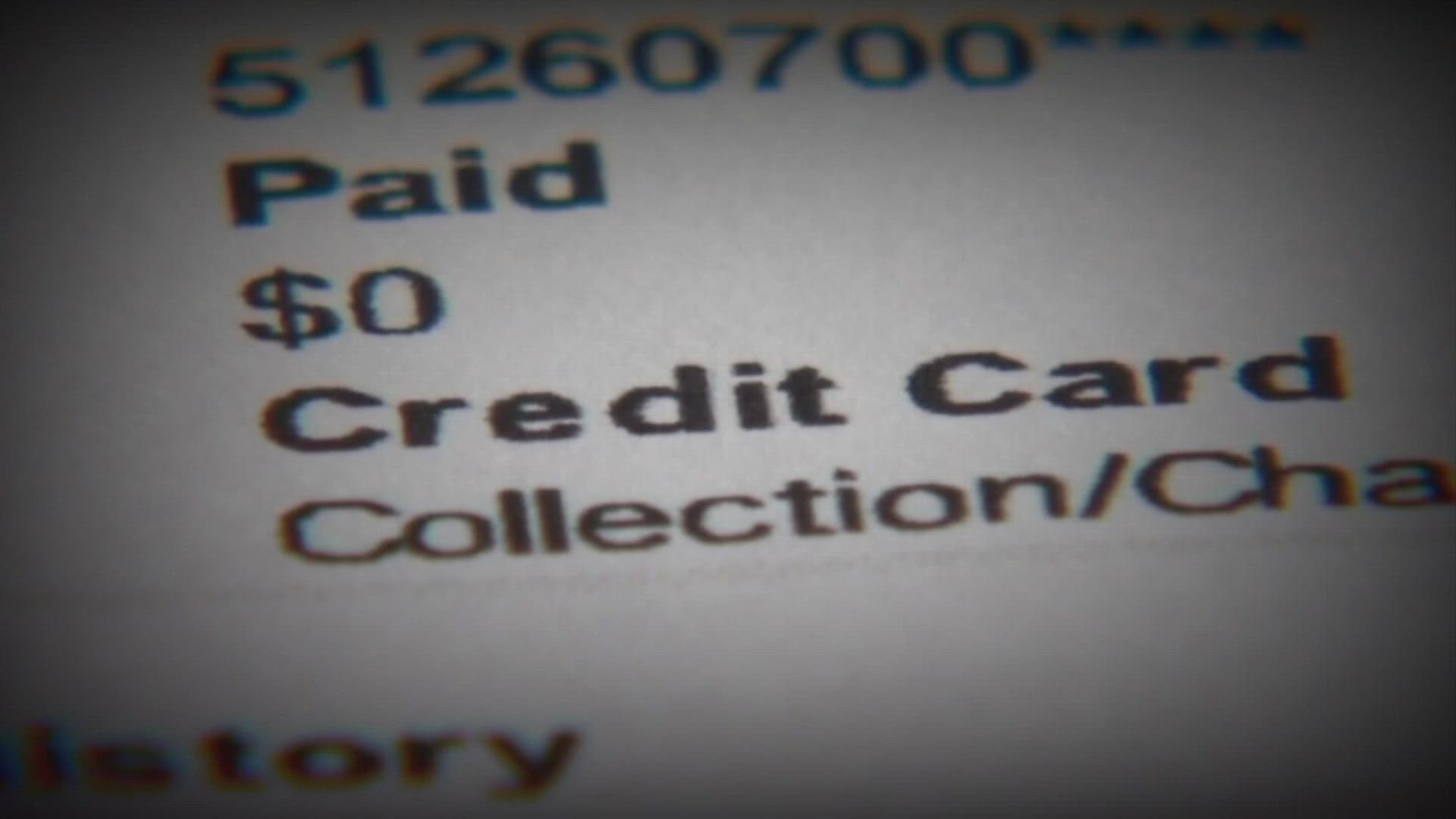COLUMBUS, Ohio — The Better Business Bureau is sending a warning to parents as ACT and SAT scam calls make their way around central Ohio.
Hilliard-Davidson parent Erin Stitt said her daughter decided to attend Kent State next fall early. She never signed up to take the ACT as the university has made those scores optional due to COVID.
Stitt said it was late January when she got a call from someone asking about study materials for her daughter.
“It was an unknow number, but it listed my city and state, so I answered it just in case it was something important,” Stitt began. “They asked me if this was a parent of, they named my daughter, and I said yes and they said recently she requested some study materials for the ACT and we wanted to confirm her information and I said that's not true she's already been accepted into college and before I even finished the word college, they hung up on me.”
Stitt is one of many parents who have experienced calls like this one and are left wondering how their and their child’s information was found. BBB workers in central Ohio said it’s common for scammers to use current events like testing to make scams relevant.
Judy Dollison, president of the Central Ohio BBB, advises parents do research when receiving an email or getting a call about testing like the ACT or SAT to make sure it’s the actual company and never give out personal information.
Parents can also check in with their child’s school to find out what personal information others can find on their child. Hilliard City Schools has a student directory which lists limited information on students. More specific information must be requested and vetted before being released.
If you’re a parent who received a call or email asking for information on your child, Dollison said there are three steps you should take if you find out your child is victim to identity theft.
“First, report and close all of the accounts that are fraudulent,” Dollison said that means contacting all companies which have fake accounts in your child’s name and closing them. She also said parents should ask for a written letter stating your child is not responsible for any charges.
“The second thing is put a freeze on the child’s credit report, that’s called a security freeze,” said Dollison.
Any child younger than 16 will need a parent or guardian to freeze credit.
“The third step is if there has been a compromise and you are a victim of identity theft, then you report it to the Federal Trade Commission,” Dollison said going to identitytheft.gov will provide you with steps on how to report the issue.
10TV reached out to ACT to ask about situations which could make a student’s personal information available to the public. They released the following statement:
“The PreACT instructions given to students at the time they take the test include information about ACT’s Educational Opportunity Service (EOS) program, and students will only be opted into the program if they fill in the 'Yes' answer choice to opt into the program. The student can fill in the 'No' answer choice if they do not wish to participate in the EOS program. The instructions inform the student that by opting into EOS, they will receive information from colleges, universities, financial aid/scholarship organizations, and other educational and career programs, products, and services. The student’s phone number is not shared with those organizations.
The instructions also tell the student to go to the ACT webpage for more information about EOS or to contact ACT to opt out of that program. Any student or parent who receives an unsolicited call regarding test prep from a company claiming to be ACT may contact us to report the activity. Also, the ACT and SAT are administered by two separate organizations, so students and families should be wary of any caller purporting to represent both.”

